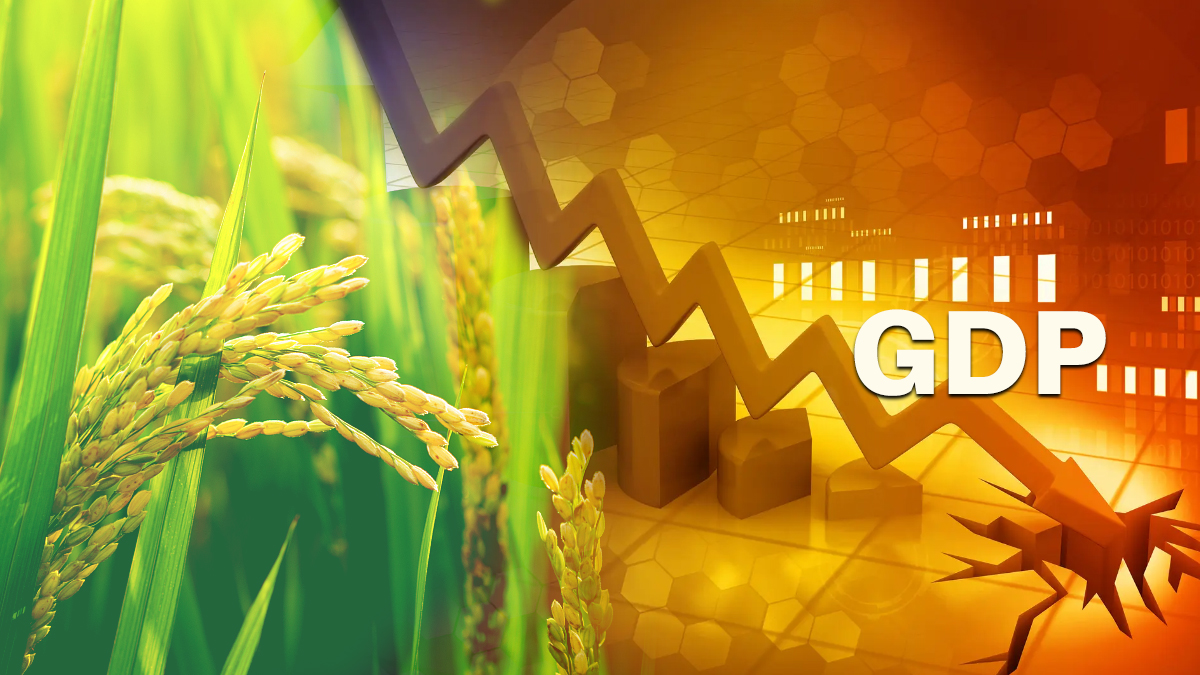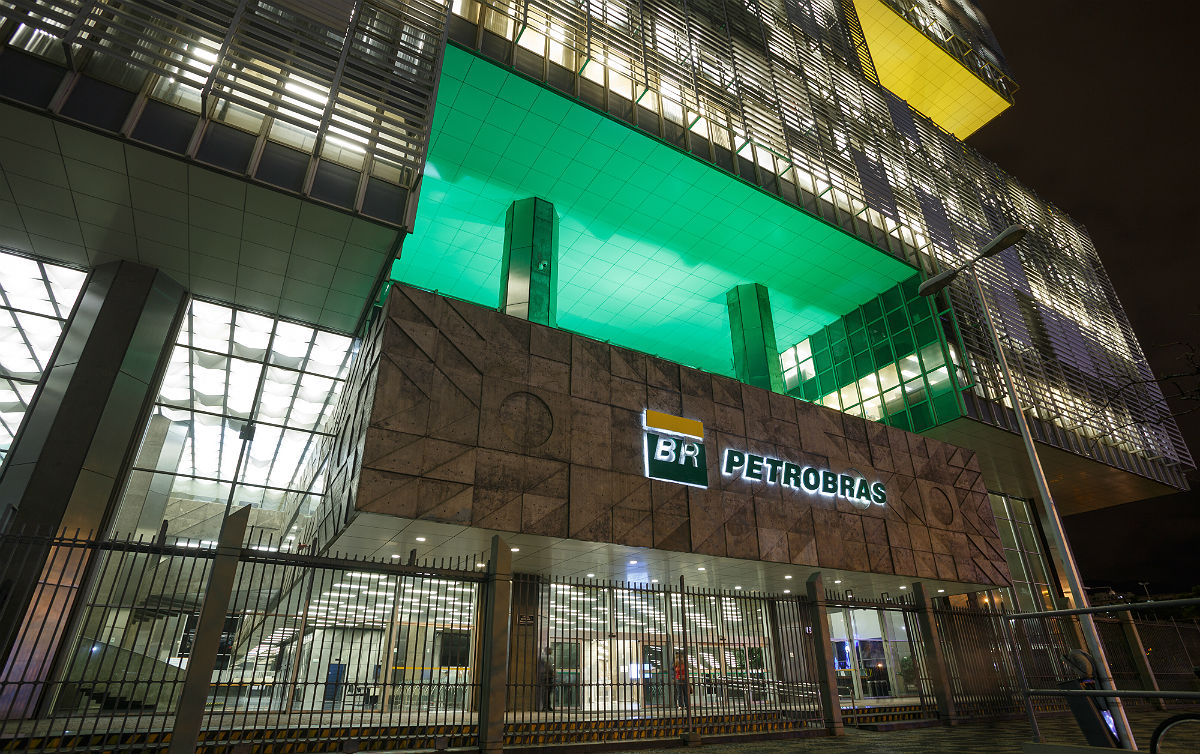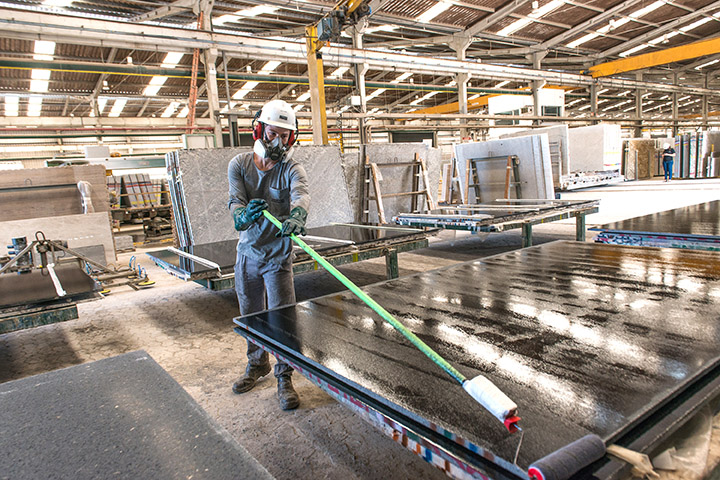
The contribution of agriculture – considered by economists as a pillar of the economic activity this year – to Brazilian GDP is now seen as a question mark due to the excessive rainfall in some regions and drought in others. The prevailing view is that the sector will have a positive 2022, but not as good as previously expected, which is driving downward revisions.
This week’s change in BNP Paribas’s forecast for Brazil’s GDP this year, which went to -0.5% from +0.5%, includes a revision in the agro GDP to 1.5% from around 5%, said Gustavo Arruda, head of research for Latin America at the bank. “We were quite surprised, it changed very fast.” He estimates that agriculture directly took 0.2 percentage point from its GDP projection. Considering indirect effects — on the industry, for example, as tractors play an important role in car production, Mr. Arruda says — the negative impact could be closer to 0.3 pp.
Fundação Getulio Vargas’s Brazilian Institute of Economics (Ibre-FGV) still maintains a positive total GDP for 2022, but has adjusted the estimate to 0.6% from 0.7% because, among other things, the revision of agricultural growth to 3.5% from 5%.
Barclays, which revised its projection for the Brazilian GDP in 2021 to 4.3% from 4.5%, kept its forecast at 0.3% for 2022, but says it is monitoring potential negative risks. Among them, in addition to the omicron variant, Roberto Secemski, the bank’s chief economist for Brazil, cites “extreme heat and drought conditions in southern Brazil threatening soybean and corn production, which normally lead agricultural gains in the first quarter of each year.”
Under the natural phenomenon La Niña like now, the typical impacts are exactly drought in southern Brazil and rainfall in the Northeast region, said César Castro, an agro specialist at Itaú BBA. “In 2021, the effects of La Niña were milder.”
In Brazil, Mr. Castro said, the bulk of the grain crop comes first from soybeans in the Cerrado region and then from the second yearly crop of corn, which is sowed now and harvested just before the middle of the year. In the South region, where the drought is very severe, however, the picture of “more soy, less corn” is a little different. There, the first corn crop alone may already total between 25 million and 30 million tonnes, while corn’s second crop could reach 80 million. “Those 30 million are suffering a lot,” the analyst says.
As a result, he said, the projections for Brazil’s first corn crop face downward revisions of up to 5 million tonnes, while the soybean crop is now expected to shrink by around 10 million tonnes. “Everything regarding soybeans is happening now,” Mr. Castro said, noting that Paraná and Mato Grosso do Sul, the most relevant states for planting, are also suffering with the drought.
Even though the first corn crop is less representative in Brazil, it has the important role of “creating a cushion” until the middle of the year for the demand of livestock, Mr. Castro said. “A big part of the corn issue in Brazil is solved in the second half of the year. Last year, there was a huge harvest loss, which meant that the cushion is very short. So, we are going to have a regional problem.”
Based on worsened estimates, Itaú Unibanco, which used to calculate an agriculture GDP growth in 2022 close to 5%, now foresees between 1% and 2.5%. “There is still uncertainty about how the IBGE revision will be,” said Luka Barbosa, an economist with the bank, mentioning Brazil’s statistics agency. In any case, the changes in projections for the agribusiness makes Itaú more comfortable with its estimate for the economy in general. “Before, we saw this strong agro GDP in 2022 as an upside risk to our projection of -0.5% for Brazil’s GDP. Now, we are much less worried,” he said.
Corn and soybeans crops under pressure led Itaú to revise its preliminary projection for this first quarter’s GDP to 0.4% from 0.7% — the number fell a bit more, to 0.3%, after considering additional data from other sectors. “It is still a positive first quarter, because of agribusiness, but less than before,” Mr. Barbosa said.
In its last report, on January 11, the National Supply Company (Conab) cut almost 7 million tonnes from its forecast for the grain harvest, to 284.39 million tonnes, which would still be a record number. These data, however, refer to the week to December 18, and further downward revisions are expected to occur, said Cristiano Oliveira, chief economist at Banco Fibra.
His projection for agriculture in the GDP, which was once of 4% growth, is now at 2.5%. This value is enough to put the Brazilian GDP very close to zero, but, taking into account the most recent information on some crops, Mr. Oliveira says he sees a slightly negative bias for the Brazilian economy in 2022.
Despite the importance of agribusiness for the Brazilian economy, it represents something close to 5% of the GDP, Mr. Oliveira said. “There is a chain, where the participation of agribusiness is greater. But, for the purposes of IBGE’s calculation of the GDP, this would be included in industry and services,” he said. Therefore, he says that one cannot “blame” agribusiness in case the GDP becomes negative this year.
Rabobank has been working for some time with a more conservative forecast for agriculture GDP in 2022, up 3.5%, coming from an expected drop of 0.5% in 2021, said Mauricio Une, the bank’s chief economist. “We are comfortable [with the projection]. With that, we have a total GDP this year around 0.6%,” he said.
In the soybean crop, for example, the projection is of a certain stability: 140 million tonnes, compared to 137 million tonnes last year, according to Mr. Une. “We still have a good year despite the drought. There is some support, which we have to monitor”, he said. Mr. Castro, with Itaú BBA, projects a soybean crop around 135 million tonnes. “We expected a slightly higher production than in 2021, but it’s still a reasonable number.”
Other crops, such as sugarcane and coffee, and cattle raising are likely to perform well, said Mr. Oliveira, with Fibra. Mr. Une notes that coffee is on a positive biennial basis in 2022 — the strongest harvest takes place every two years. “Last year, we saw frosts affecting coffee seedlings. For this year, we expect a recovery to 63.5 million this year from 57 million bags in 2021.”
The difficulties faced by corn tend to dissipate throughout the year, Mr. Castro said. If it is planted in the right window for soybeans, until the end of February, it creates a great chance of not suffering from drought or frost, the analyst said. “Since soybeans are being harvested and the weather outlook is relatively good from now on, we think there are conditions for the second yearly crop returning to normality,” Mr. Castro said. He projects 116 million tonnes of corn for 2022, compared to 87 million in 2021.
Mr. Oliveira, with Fibra, said that the second yearly crop of corn may benefit from stronger market prices. Prices for corn on Brazilian stock exchange B3 have remained at a relatively high level, as well as international values, said Mr. Une. “As much as there is this drop in volume expectations, we have a holding price,” says the Rabobank economist.
In the view of Mr. Arruda, with BNP Paribas, the behavior of the second yearly crop of corn, both in terms of damage by the drought and the increase in the cost of inputs, will be key to understand the dynamics of the year. “Agricultural margins will still be historically consistent, but well below 2021, because costs have risen too much, especially those of fertilizers and chemicals,” Mr. Castro said. Lower profits in agriculture reduce some of the “irrigation” that the sector manages to pass on to the GDP in the form of investments and hiring, Itaú’s analysts say.
Source: Valor international



/i.s3.glbimg.com/v1/AUTH_37554604729d4b2f9f3eb9ad8a691345/internal_photos/bs/2022/B/g/Uvw0BFSsAqaOBa7UghaA/26emp-100-itaipu-b1-img01.jpg)



/i.s3.glbimg.com/v1/AUTH_37554604729d4b2f9f3eb9ad8a691345/internal_photos/bs/2022/h/J/pzU3nTQoAog5oLMRknyg/26bra-110-desmat-a4-img01.jpg)

